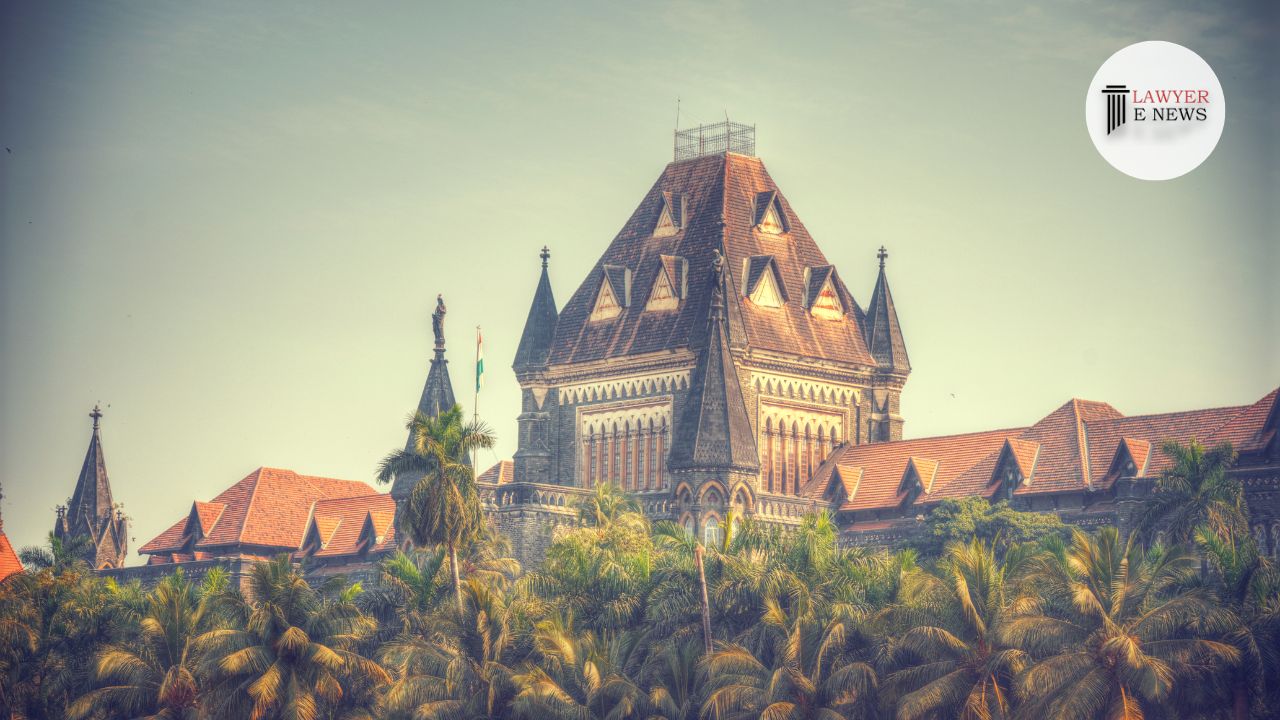-
by Admin
15 February 2026 5:35 AM



High Court confirms imposition of entertainment duty on APSARA awards, deletes penalty due to lack of statutory basis
In a significant judgment delivered by the Bombay High Court, the court upheld the imposition of entertainment duty on the APSARA award function organized by the Film & Television Producers Guild of India (FPGI). The bench, comprising Justices K.R. Shriram and Jitendra Jain, concluded that the award function fell within the definition of “entertainment” under the Maharashtra Entertainments Duty Act. However, the court deleted the penalty imposed, citing the lack of proper statutory reference and acknowledging the contentious nature of the issue.
Definition and Scope of “Entertainment”: The court addressed the primary issue of whether the APSARA award function constituted “entertainment” as per Section 2(a) of the Maharashtra Entertainments Duty Act. The petitioner argued that the event did not qualify as “entertainment” and pointed to the 2010 amendment that defined “award function.” The court dismissed this argument, stating, “The performance of dances and songs during the event clearly falls within the definition of ‘performance,’ which is included in ‘entertainment.’ The insertion of the definition of ‘award function’ in 2010 was meant to grant a concessional rate of duty, not to exclude such functions from the definition of ‘entertainment’ prior to 2010” [Paras 10-12].
Sponsorship as Payment for Admission: The court also addressed whether sponsorship amounted to “payment for admission” under Section 2(b)(viii) of the Act. The court noted, “The amount received from Reliance Communications and others as sponsorship was for advertising their brands during the event, which constitutes ‘payment for admission.’ Thus, the sponsorship amount is liable to entertainment duty” [Paras 15-16].
Legislative Intent and Amendments: The bench highlighted the legislative intent behind the 2010 amendment, clarifying that it aimed to reduce the duty rate for award functions rather than exclude them from the definition of “entertainment.” “The definition of ‘entertainment’ has been consistently broad to include various performances, and the amendment in 2010 merely provided a concessional rate, not a redefinition,” the court observed [Paras 12-14].
Penalty and Fine: The original and appellate orders imposing penalties were scrutinized for their statutory basis. The court found that the imposition of penalties lacked proper reference to specific statutory provisions, rendering them unjustified. “In the absence of a clear statutory basis and given the contentious nature of the issue, the penalty cannot be sustained,” the court stated, thereby deleting the penalty [Paras 21-22].
The court’s legal reasoning revolved around a comprehensive interpretation of the Maharashtra Entertainments Duty Act. The judgment emphasized that the broad definition of “entertainment” and “payment for admission” covered the APSARA award function and the sponsorship amounts received. The court relied on previous case law to support its interpretation, ensuring consistency with established legal principles.
Justice Jitendra Jain remarked, “The definition of ‘entertainment’ is inclusive and wide, covering performances like those at the APSARA awards. The sponsorship payments are clearly payments for admission, subjecting them to entertainment duty under the Act.”
The Bombay High Court’s decision underscores the applicability of the Maharashtra Entertainments Duty Act to sponsored award functions, reinforcing the broad scope of “entertainment” and “payment for admission.” By upholding the entertainment duty while deleting the penalty, the judgment balances the enforcement of tax laws with fairness in interpretation. This ruling will have significant implications for future events organized under similar circumstances, ensuring that sponsorship payments are appropriately taxed.
Date of Decision: 20th June 2024
Film & Television Producers Guild of India (FPGI) vs. State of Maharashtra and others
